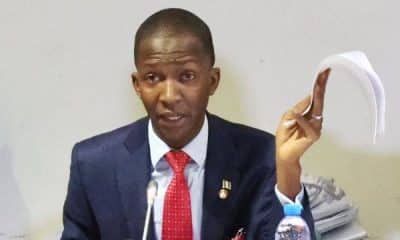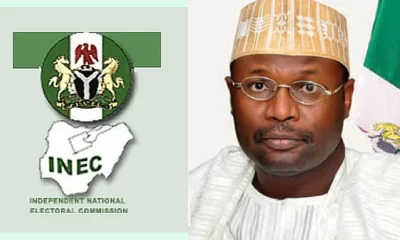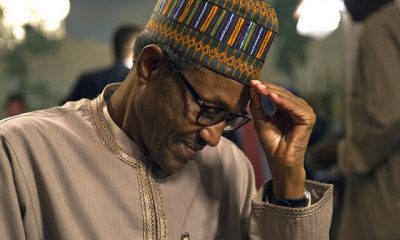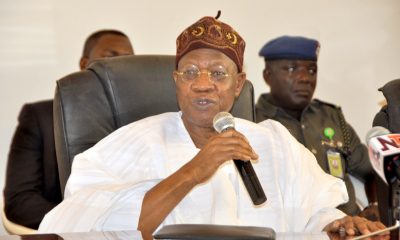Nigeria News
Transparency International Calls For Federal Legislation To Outlaw Security Votes
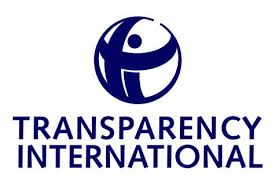
Transparency International (TI) has called the attention of stakeholders to the need for the establishment of a federal legislation outlawing security votes in Nigeria.
Christina Hildrew, TI Africa programme manager of defense and security unit, made the call yesterday in Abuja at a two-day stakeholders conference, organised by Civil Society Legislative Advocacy Centre (CISLAC) in partnership with TI and support from European Union.
Security votes represents funds that are distributed to cater for unforeseen security needs in the country. They are usually at the discretion of public officials, without being subject to independent audit.
In May, TI released a report revealing that $670m is spent annually on security votes in Nigeria, which is more that the 2017 budget of the Nigerian army.
Hildrew described security votes as “corruption-prone security funding mechanisms”.
She spoke on the need to put measured in place for effective oversight structures to monitor confidential security spending , procurement inclusive.
“Security votes are opaque corruption-prone security funding mechanisms widely used across Nigeria’s three tiers of government,” Hildrew said.
“Investigation shows that estimates of 670 million dollars annually, transacted mostly in cash, were security vote spending and it is not subjected to legislative oversight or independent audit because of its substantively secretive nature.
“Yet this veil of secrecy protects the many officials who misspent security votes, and they channel them into political activities or embezzle them outright.
“There is a wide issue in the defence sector which is defence `exceptionalism’, that is, the public allows defence sector to be unaccountable for what they spend because of national security issues.
“However, the defence sector should not be unaccountable to the citizens it is meant to protect.”
Hildrew, therefore, called for additional legislative oversight of the defence sector, adding that “we think it is important that parliamentary audit committees and civil societies have a say on how security spending is decided.”.
She also called for the establishment at state level, security trust fund to support the phasing out of security votes, while stating that checks and balances need to be put in the system so as to ensure accountability and transparency of security expenditure.

